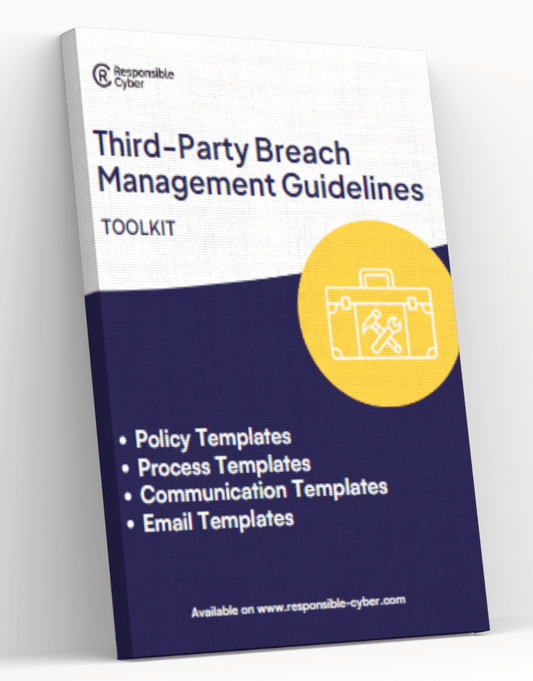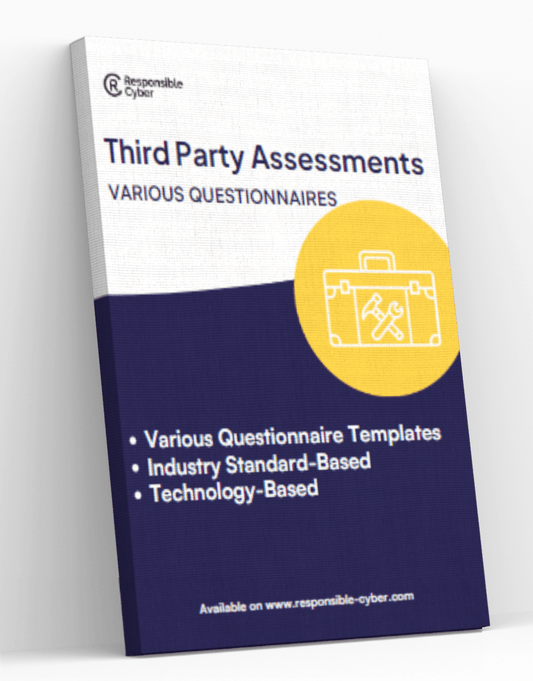Is an EOR a Third-Party and How to Manage the Risks?

In the increasingly globalized business environment, companies are constantly exploring innovative ways to streamline operations, access new markets, and engage talent across borders. One such strategy is the use of an Employer of Record (EOR), which can simplify the complex process of global employment. However, this approach introduces a third-party relationship, with its inherent risks and benefits. This article explores whether an EOR is considered a third-party, the potential risks involved, and strategies for effectively managing these risks.
What is an Employer of Record?
An Employer of Record is a service organization that legally employs people on behalf of other businesses. Essentially, when a company wants to hire employees in a country where it does not have a legal entity, an EOR can be used to onboard these employees, manage payroll, handle taxes, and ensure compliance with local labor laws. This arrangement allows companies to quickly and efficiently expand their workforce globally without establishing a formal presence in each country.
Is an EOR Considered a Third-Party?
Yes, an EOR is considered a third-party since it is an external organization that enters into a contractual relationship with a company to provide specific services. In this relationship, the EOR acts independently to perform employment-related tasks that are traditionally handled internally by a company’s HR department. By engaging an EOR, companies effectively delegate a portion of their operational responsibilities and compliance risks to an external entity.
Risks Associated with Using an EOR
-
Compliance Risk: Each country has unique employment laws and regulations, which can change frequently. Although one of the EOR's key roles is to ensure compliance, discrepancies can still occur, potentially leading to legal issues or fines.
-
Data Privacy Risk: Handling employee data through a third-party increases the risk of data breaches or misuse. Ensuring the EOR adheres to stringent data protection standards is critical.
-
Dependency Risk: Relying on an EOR can make a company vulnerable if the EOR faces operational challenges, financial instability, or fails to meet service expectations.
-
Reputation Risk: Since the EOR is the legal employer, any negative actions taken by the EOR can reflect poorly on your company, affecting your brand and reputation.
-
Cultural and Communication Challenges: Working with an EOR across different time zones and cultures can lead to misunderstandings and delays, impacting employee satisfaction and operational efficiency.
Strategies for Managing Risks When Using an EOR
-
Due Diligence: Before selecting an EOR, conduct comprehensive research. Assess their financial stability, track record, expertise, and the robustness of their compliance processes. Request references and case studies.
-
Contractual Safeguards: Ensure your agreement with the EOR includes clear terms regarding responsibilities, data handling, compliance, and contingency plans. Specify the standards they must meet and the consequences of non-compliance.
-
Regular Audits and Reviews: Schedule regular audits of the EOR’s operations to ensure compliance and proper handling of all employment-related matters. This includes reviewing their adherence to data privacy laws and employment regulations.
-
Communication Protocols: Establish clear communication channels and regular check-ins to foster transparency and promptly address any issues that arise. This also helps in maintaining alignment with your company’s values and objectives.
-
Exit Strategy: Always have a contingency plan that allows for a smooth transition of services, should you need to change EORs or bring the services back in-house. This includes understanding all contractual obligations and how they can be terminated if necessary.
Conclusion
While engaging an EOR offers numerous advantages such as rapid market entry and reduced administrative burdens, it also introduces various risks associated with third-party relationships. By considering an EOR as a third-party, companies can adopt a more cautious approach, ensuring robust risk management strategies are in place. This not only helps in mitigating potential challenges but also enhances the effectiveness of the global workforce strategy.
Frequently Asked Questions
Q1: What should I consider when choosing an EOR? A1: Consider the EOR’s expertise in the relevant geographic regions, compliance track record, financial stability, and the quality of their technology and communication systems.
Q2: How can I ensure data security when using an EOR? A2: Require the EOR to adhere to international data protection standards, such as GDPR, and implement regular security audits.
Q3: Can I switch from one EOR to another? A3: Yes, but review your contract for any termination clauses or penalties. Plan the transition carefully to minimize disruptions to your employees.
Q4: How does using an EOR affect employee loyalty and company culture? A4: Clear communication about the role of the EOR, regular engagement initiatives, and alignment of employment practices with your company’s culture can help maintain loyalty and a cohesive culture.
Q5: Are there alternatives to using an EOR? A5: Alternatives include setting up your own legal entity in the country or using freelancers and contractors, although these options may involve more complex legal and compliance issues.
Managing the relationship with an EOR requires careful planning and continuous oversight but, when done correctly, can significantly benefit your company's global strategy.
Risk management is no longer a luxury reserved for the few:
- The Importance of Effective Third-Party Risk Management and PCI DSS Compliance
- Third-Party Risk Management Compliance in France
- Third-Party Risk Management Compliance in Australia
- Third-Party Risk Management Compliance in the UK
- Third-Party Risk Management Compliance in Singapore







